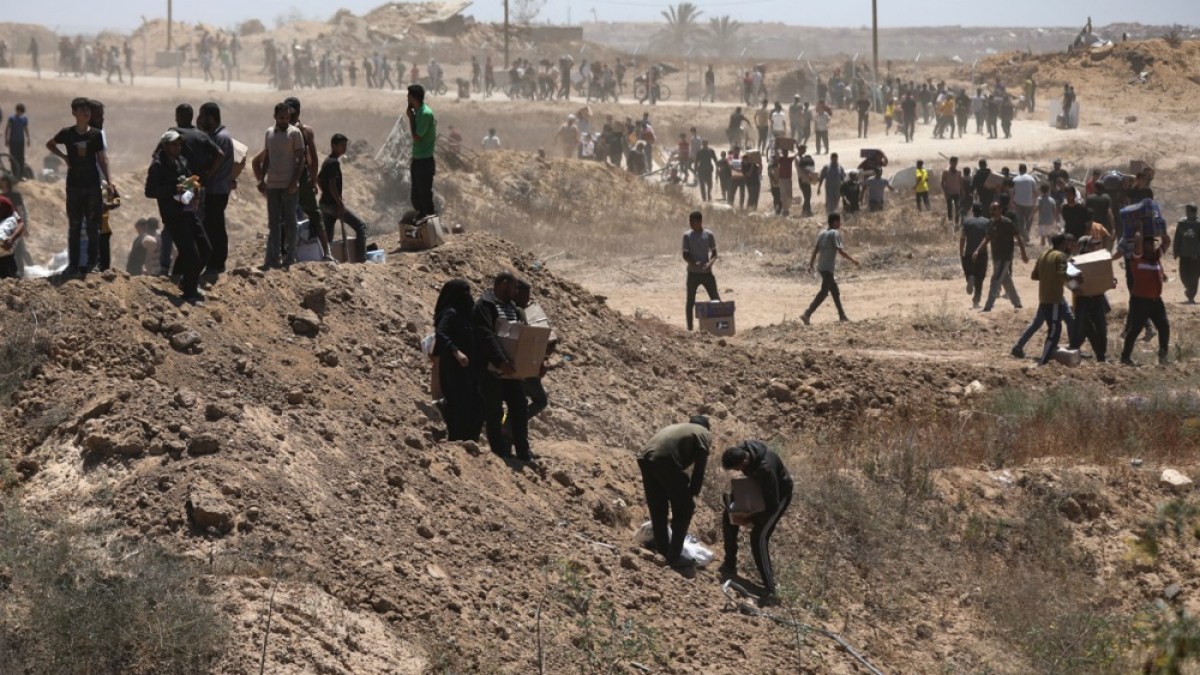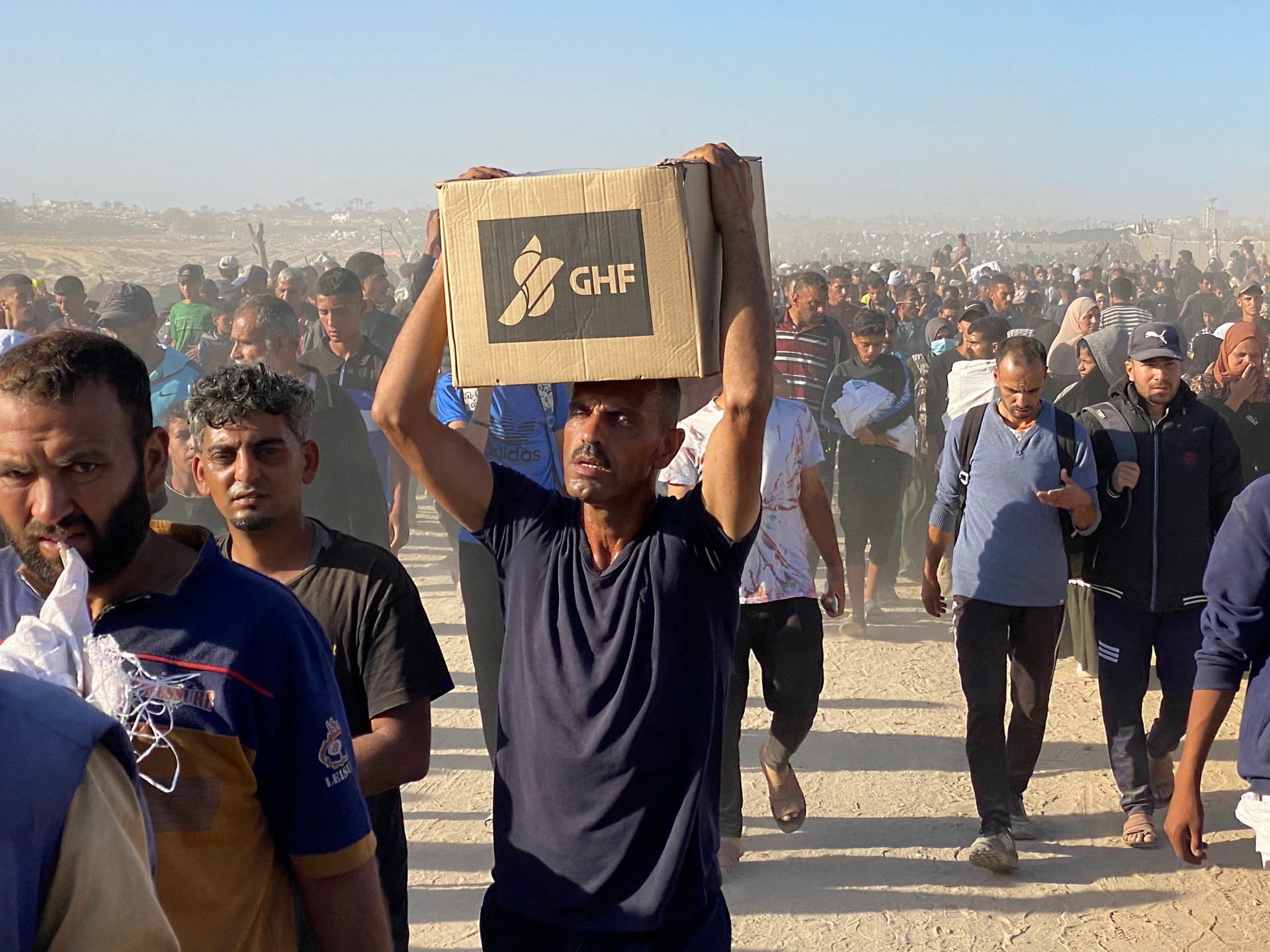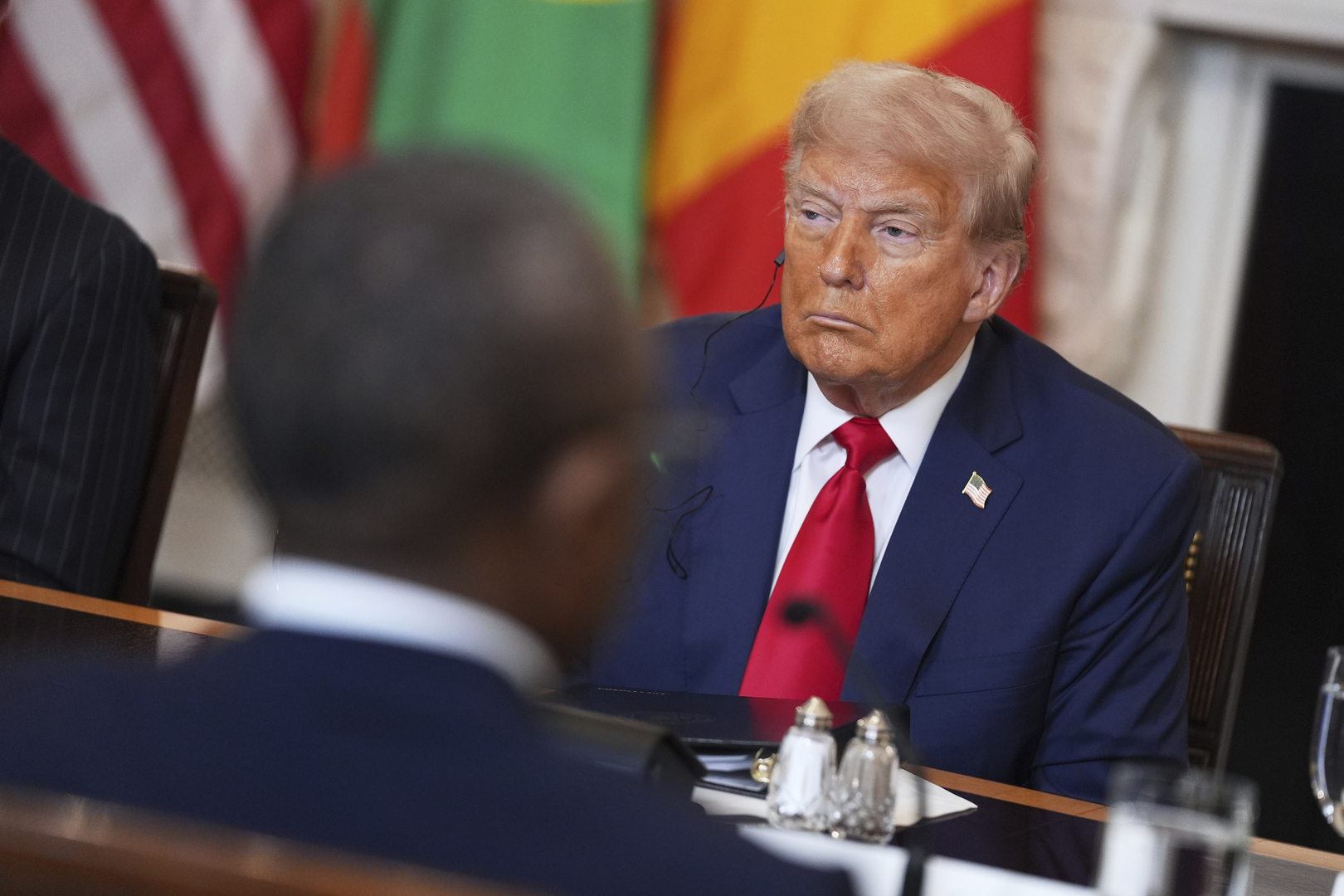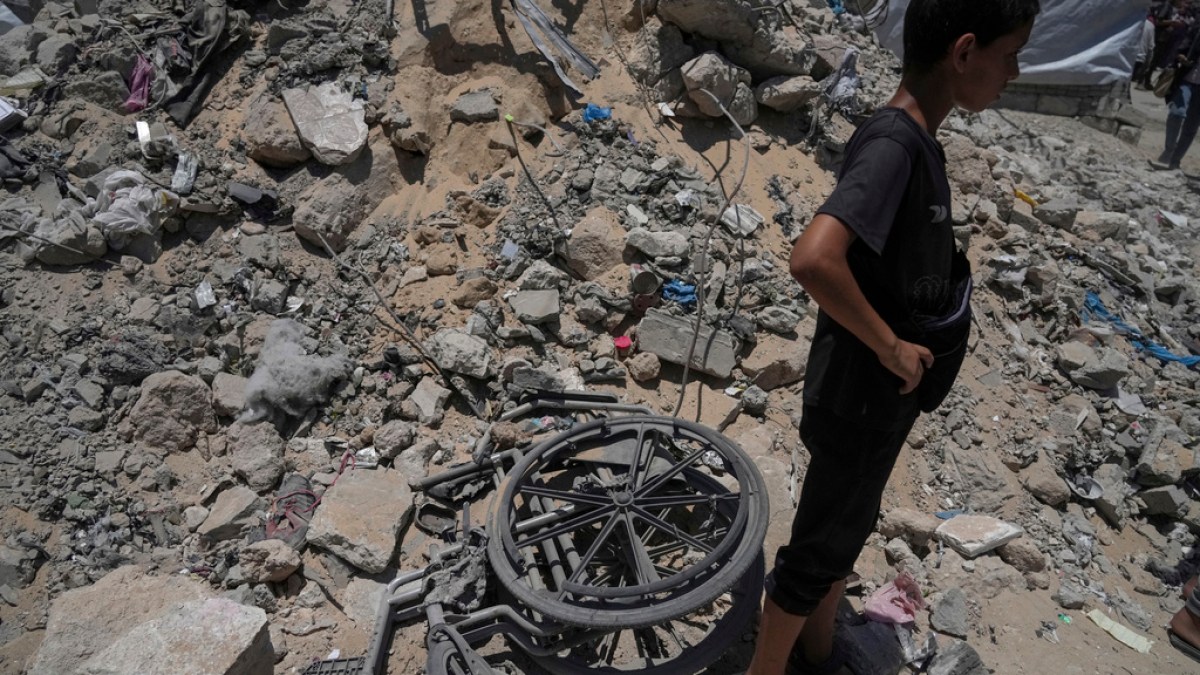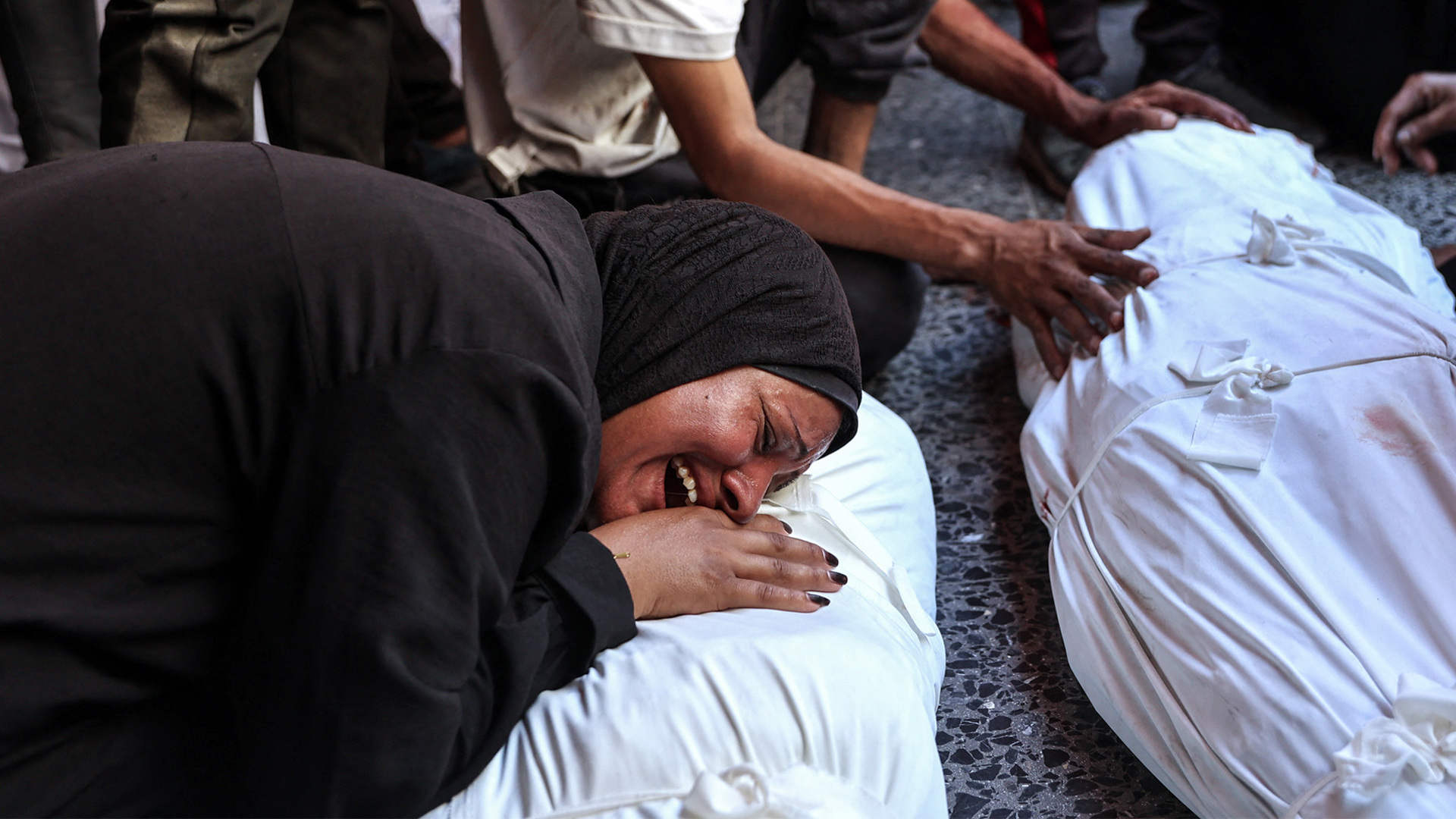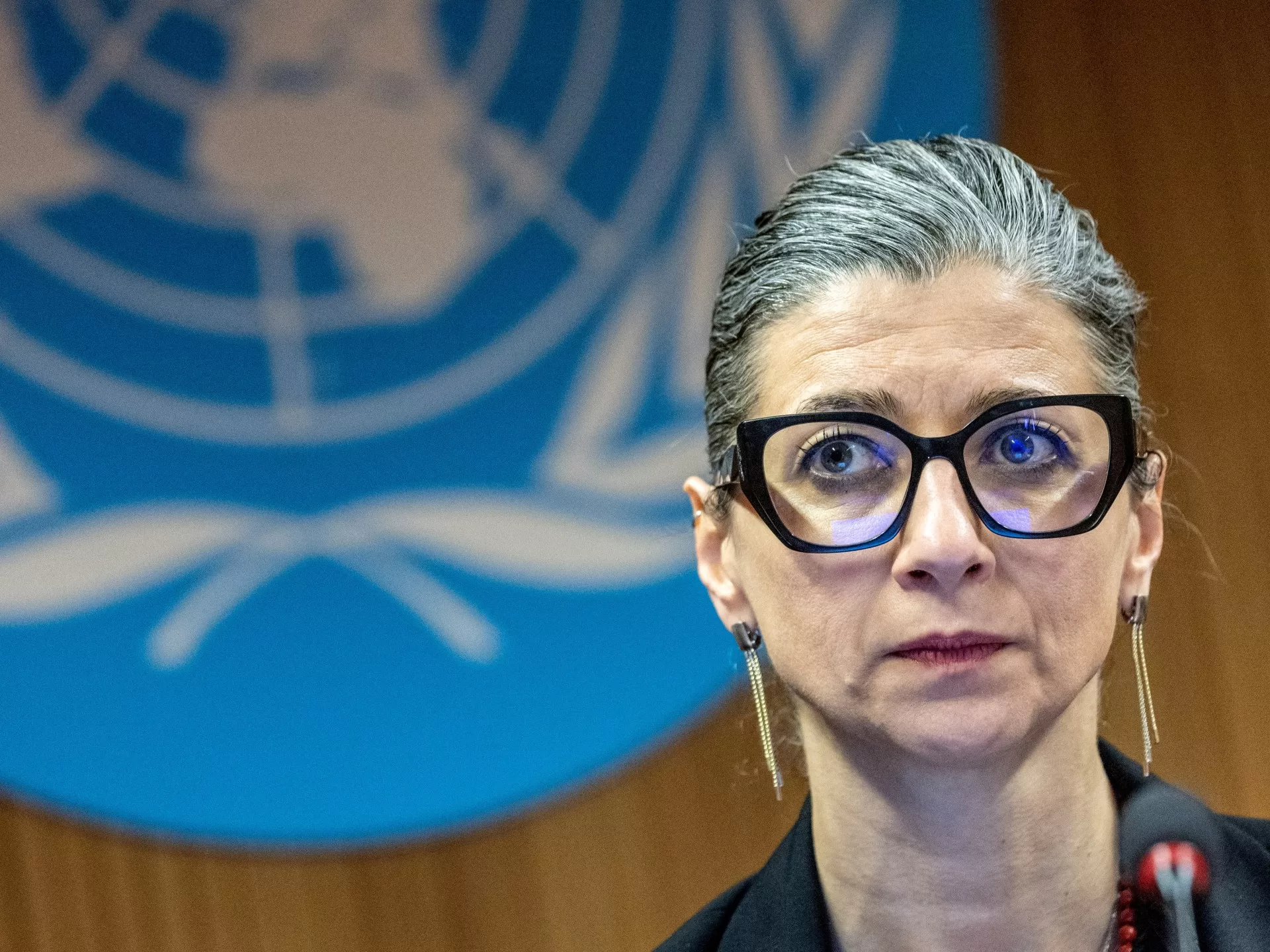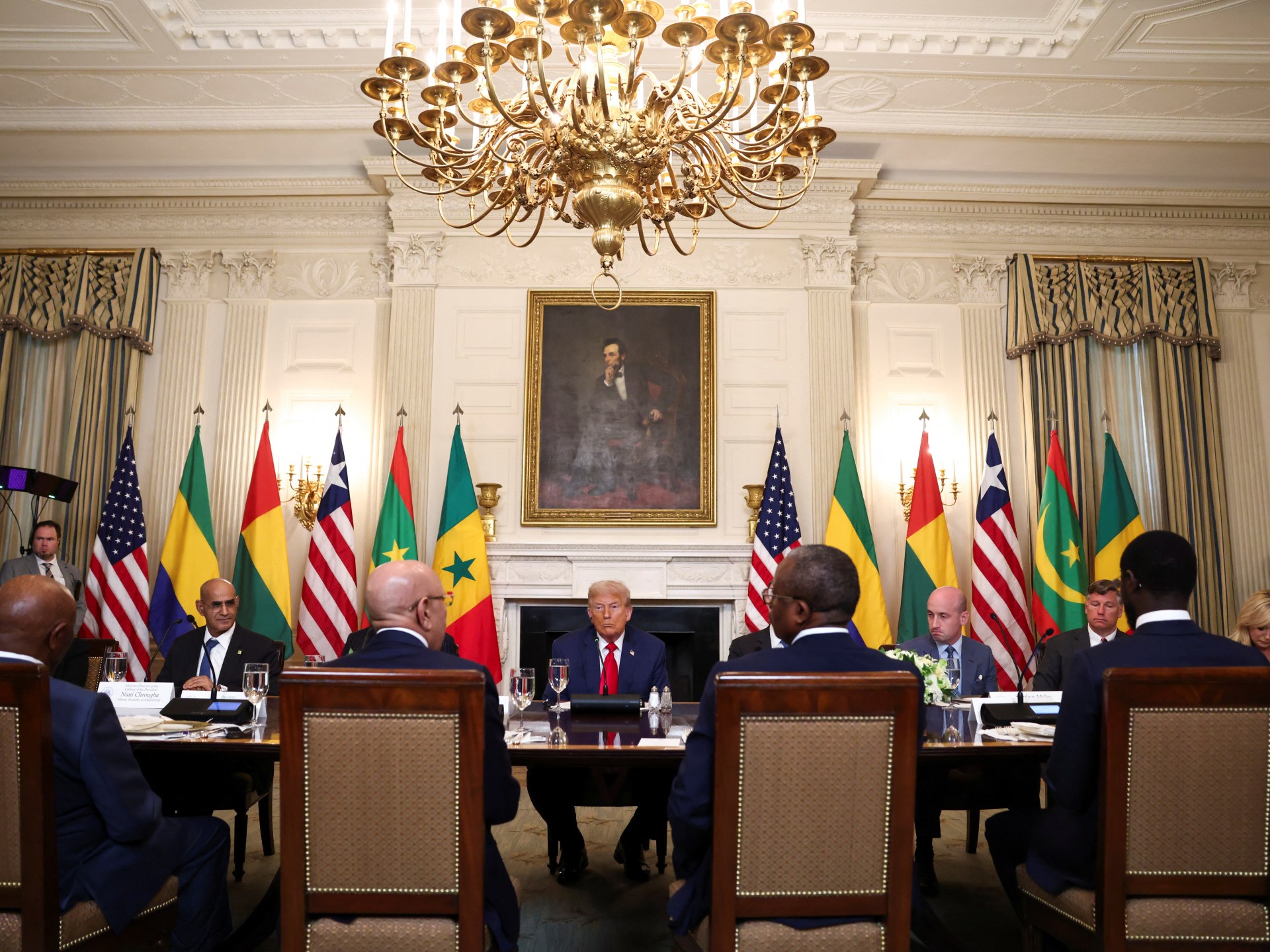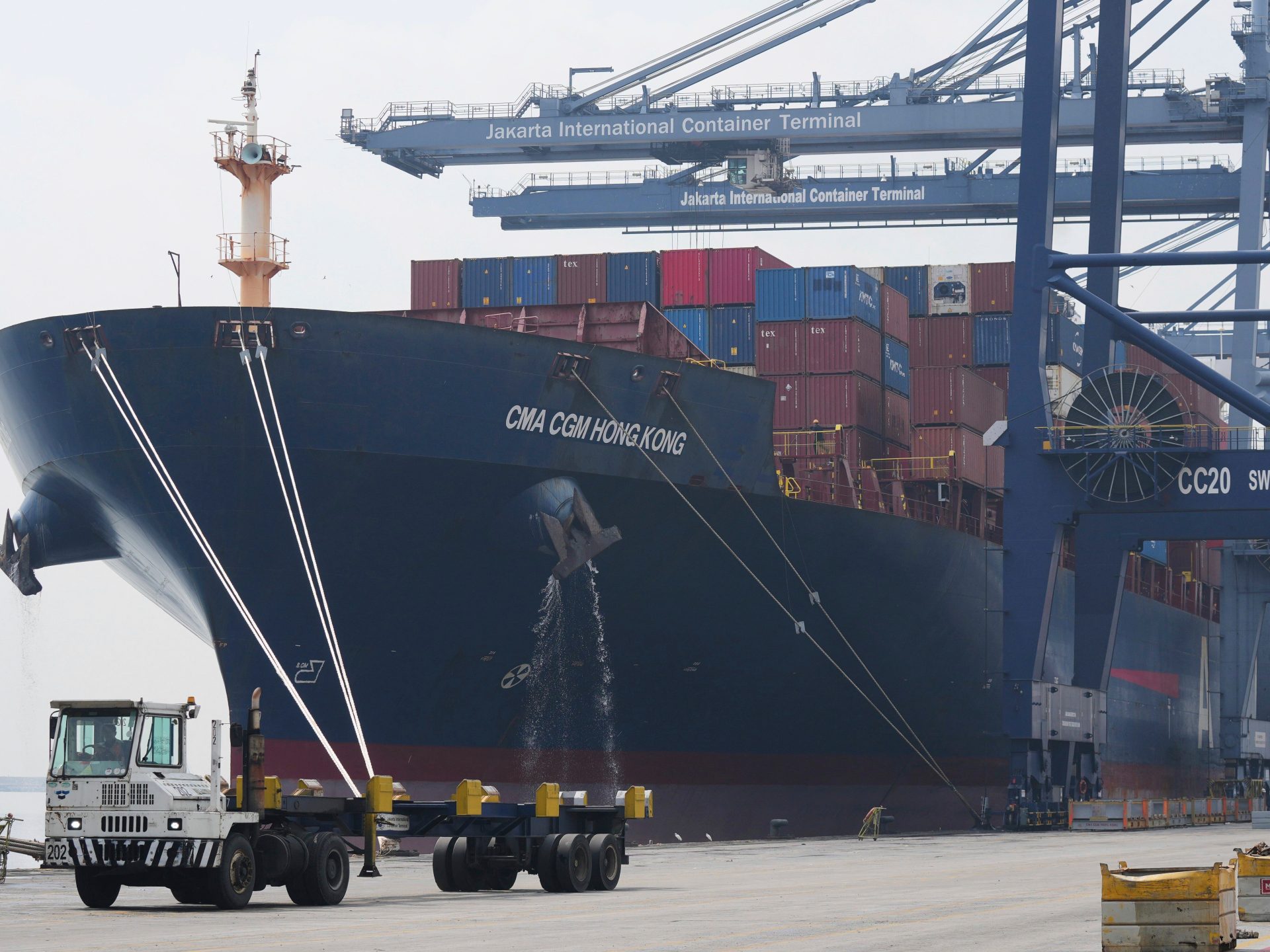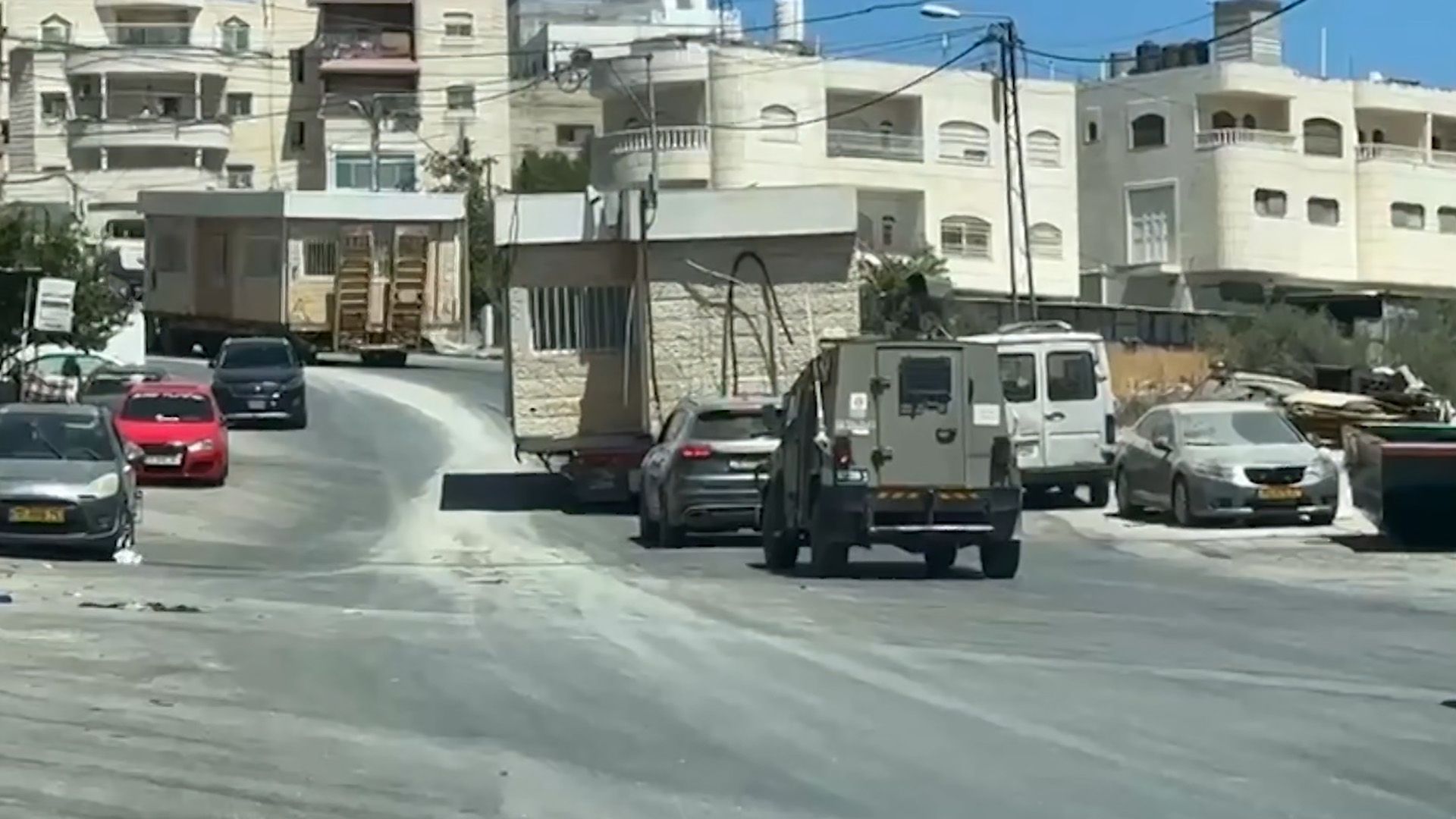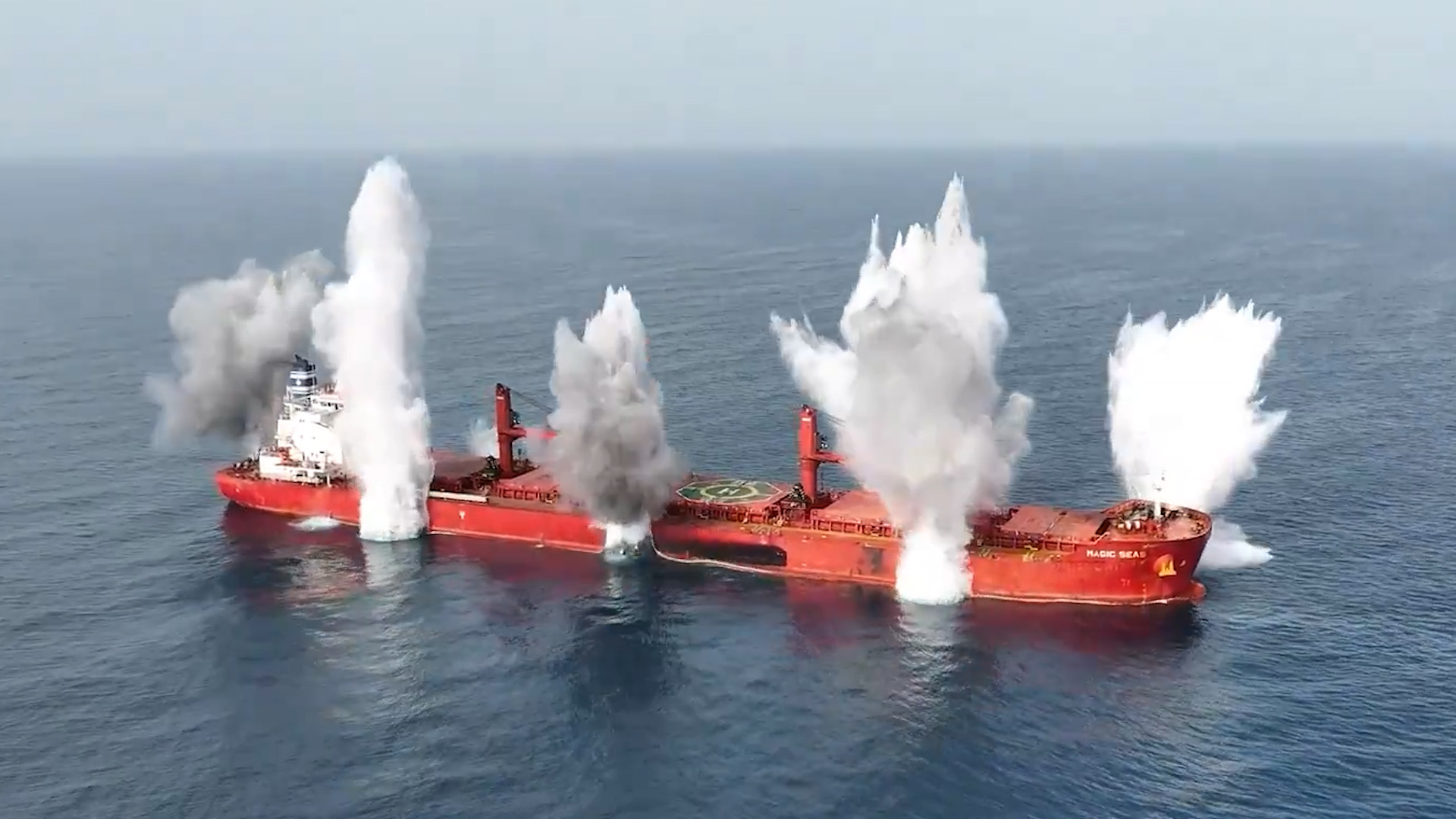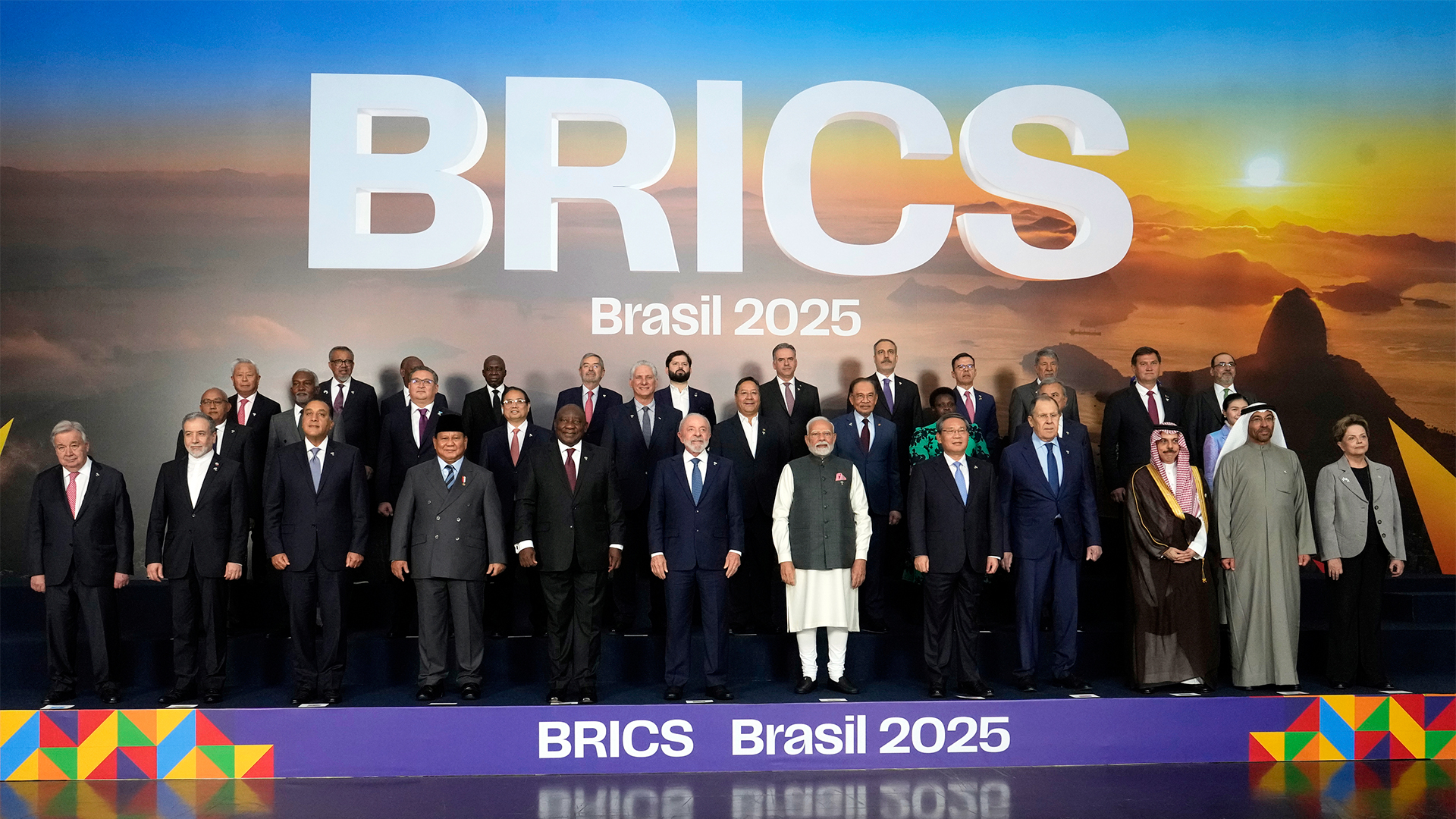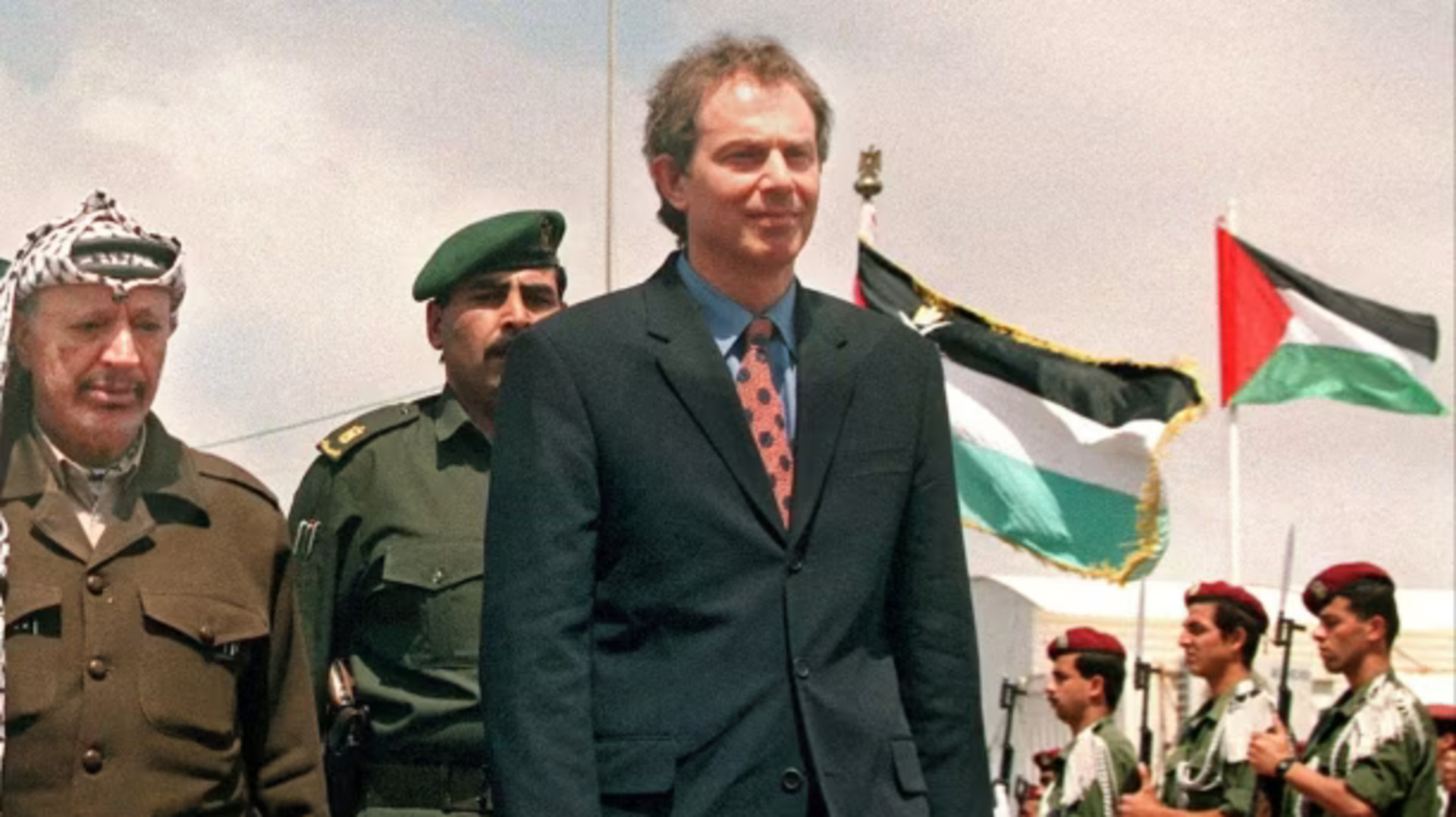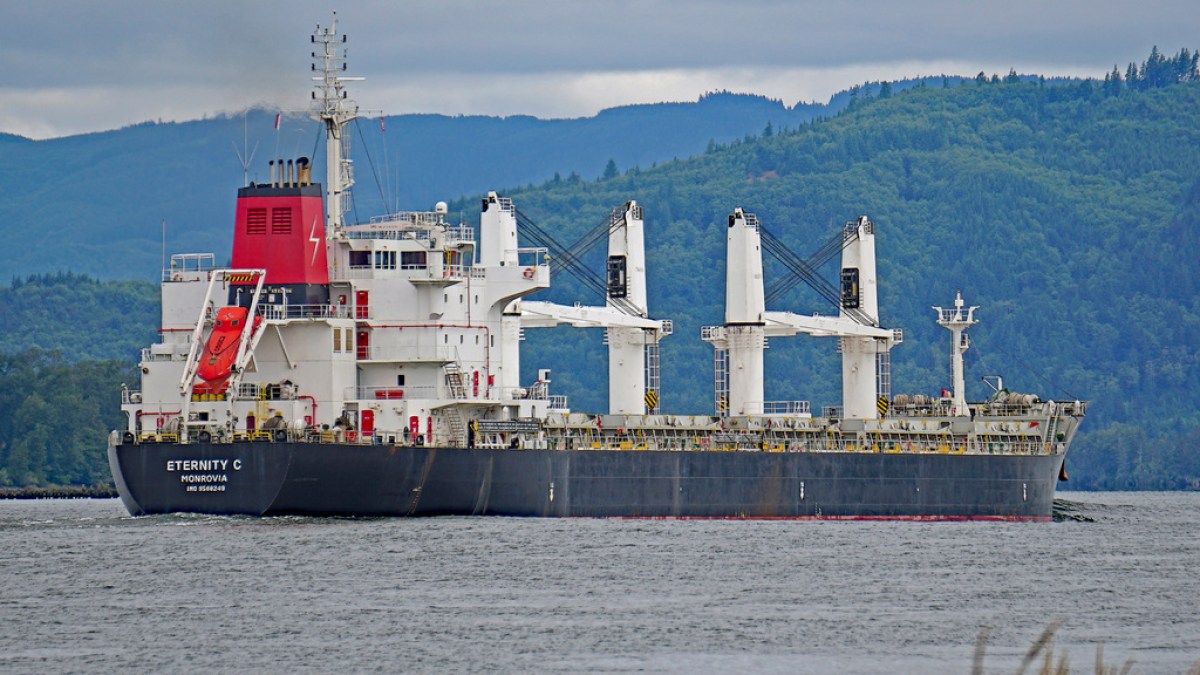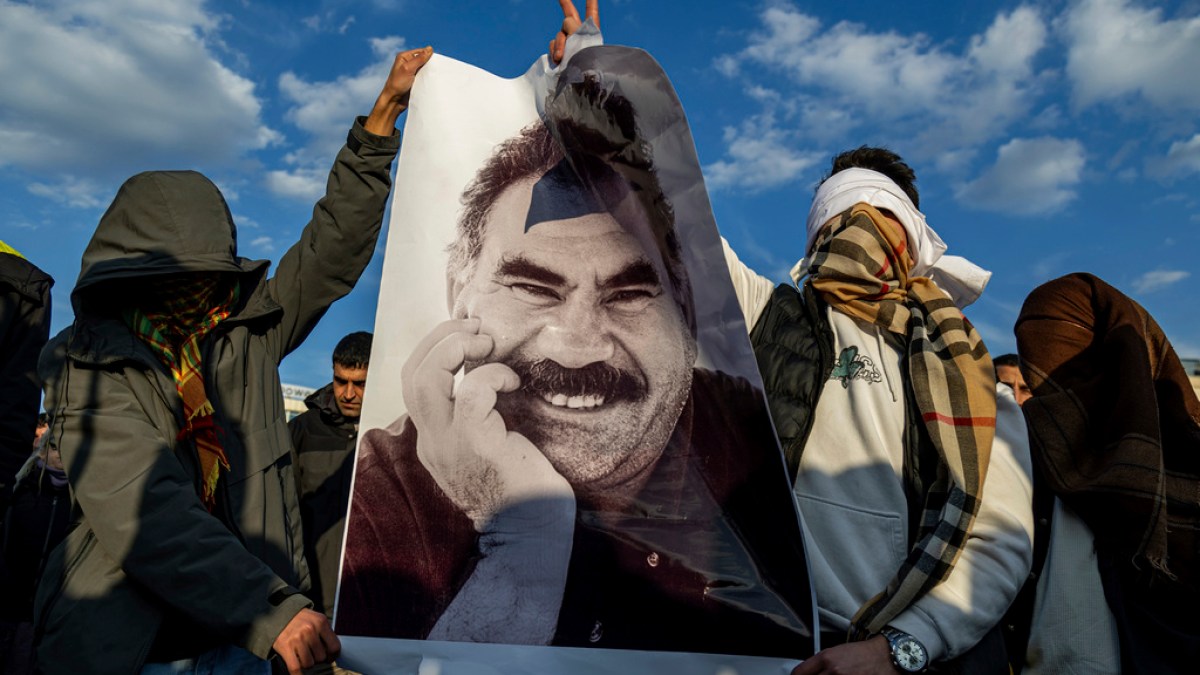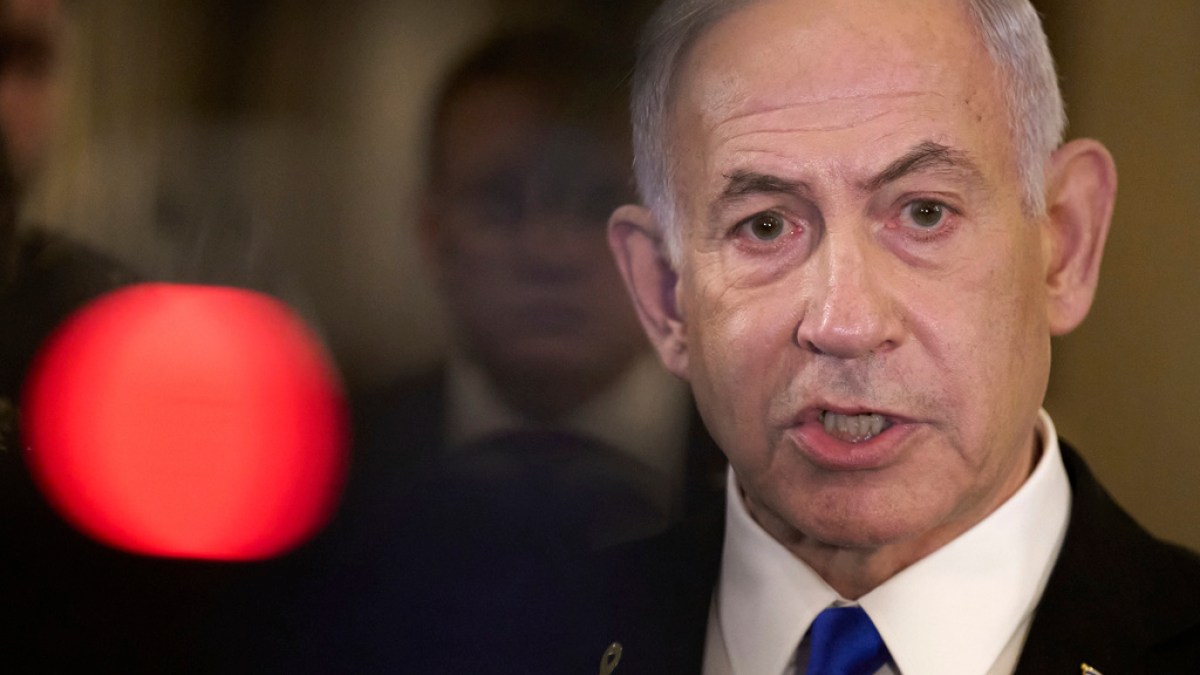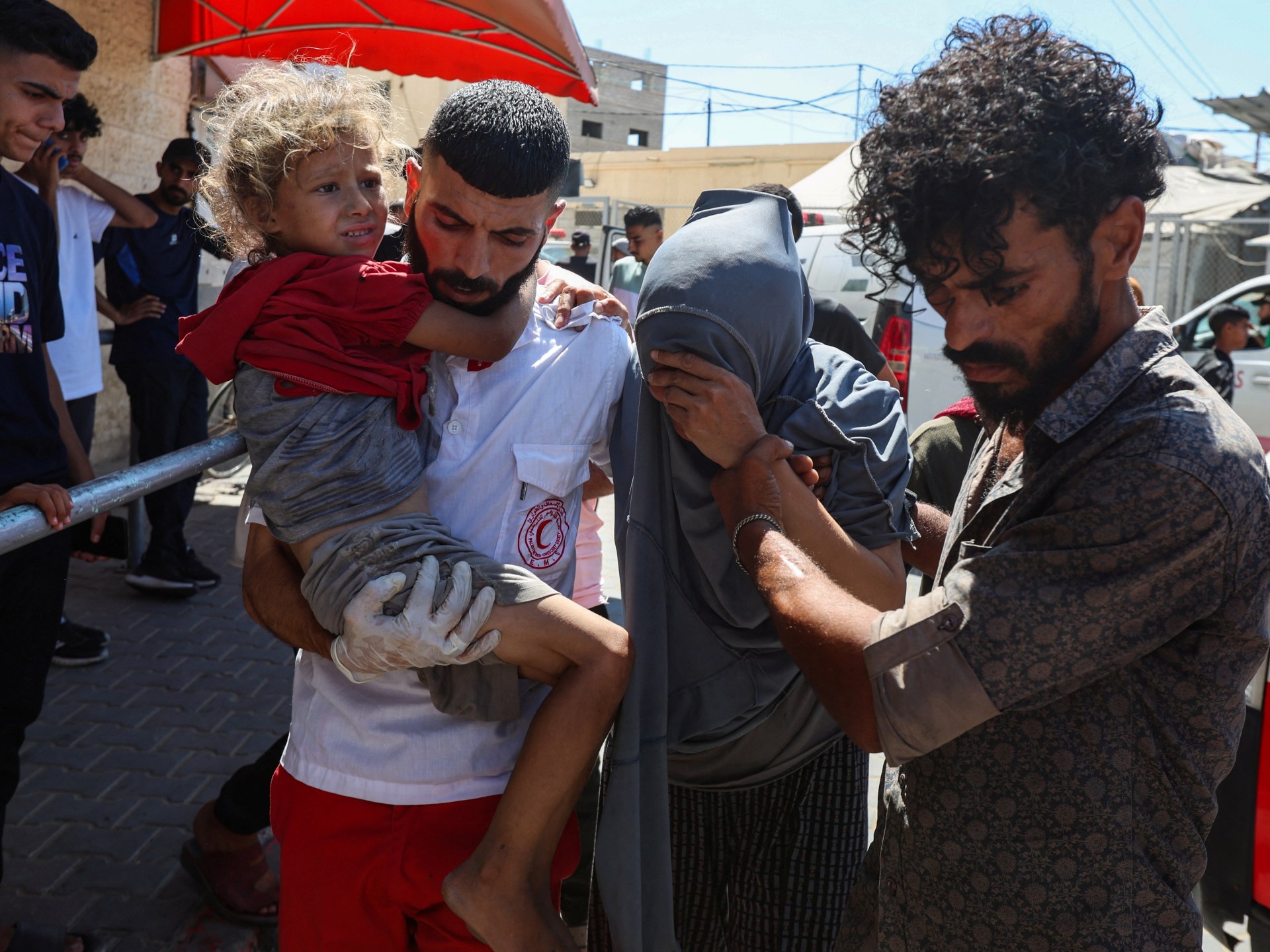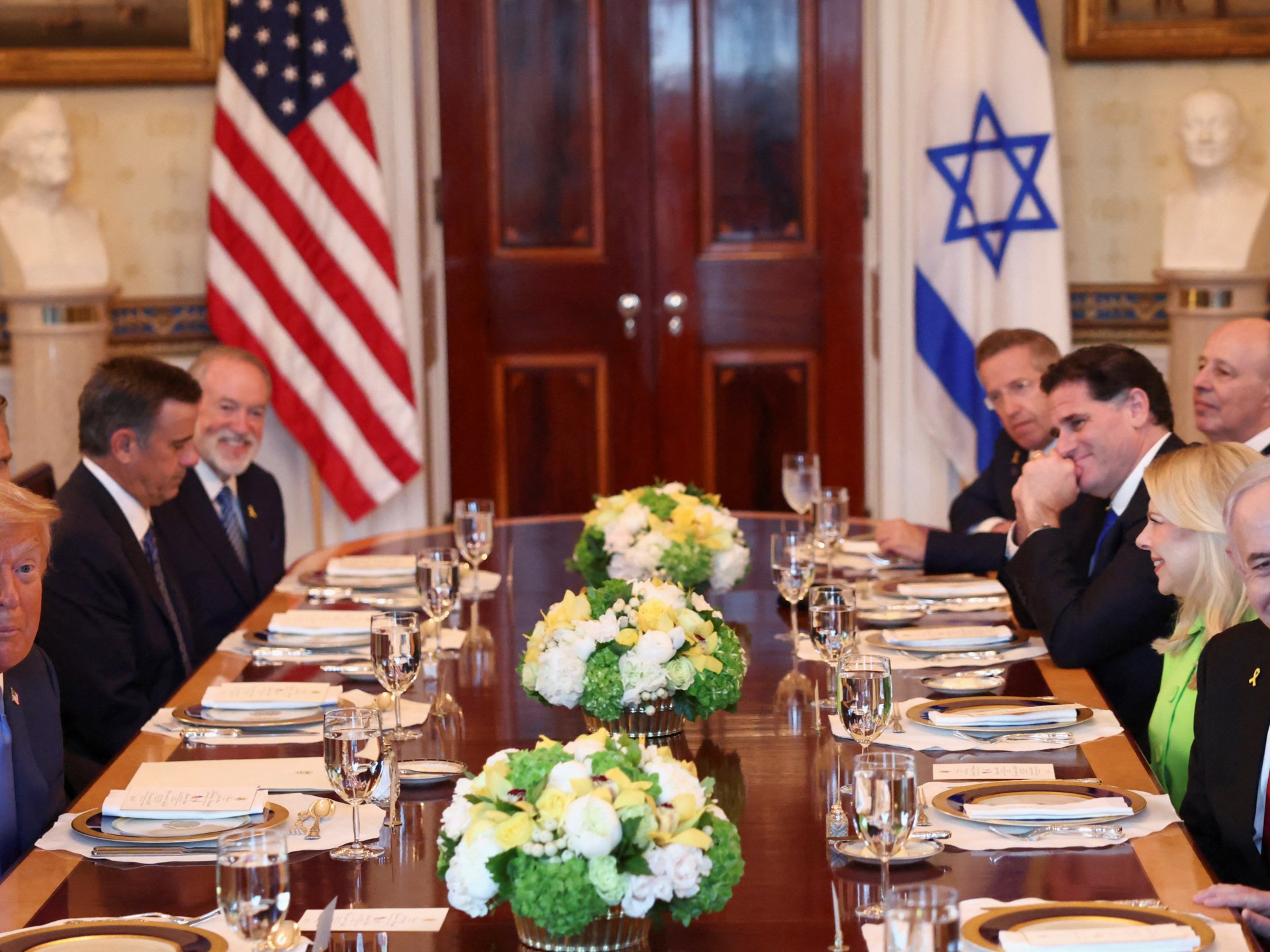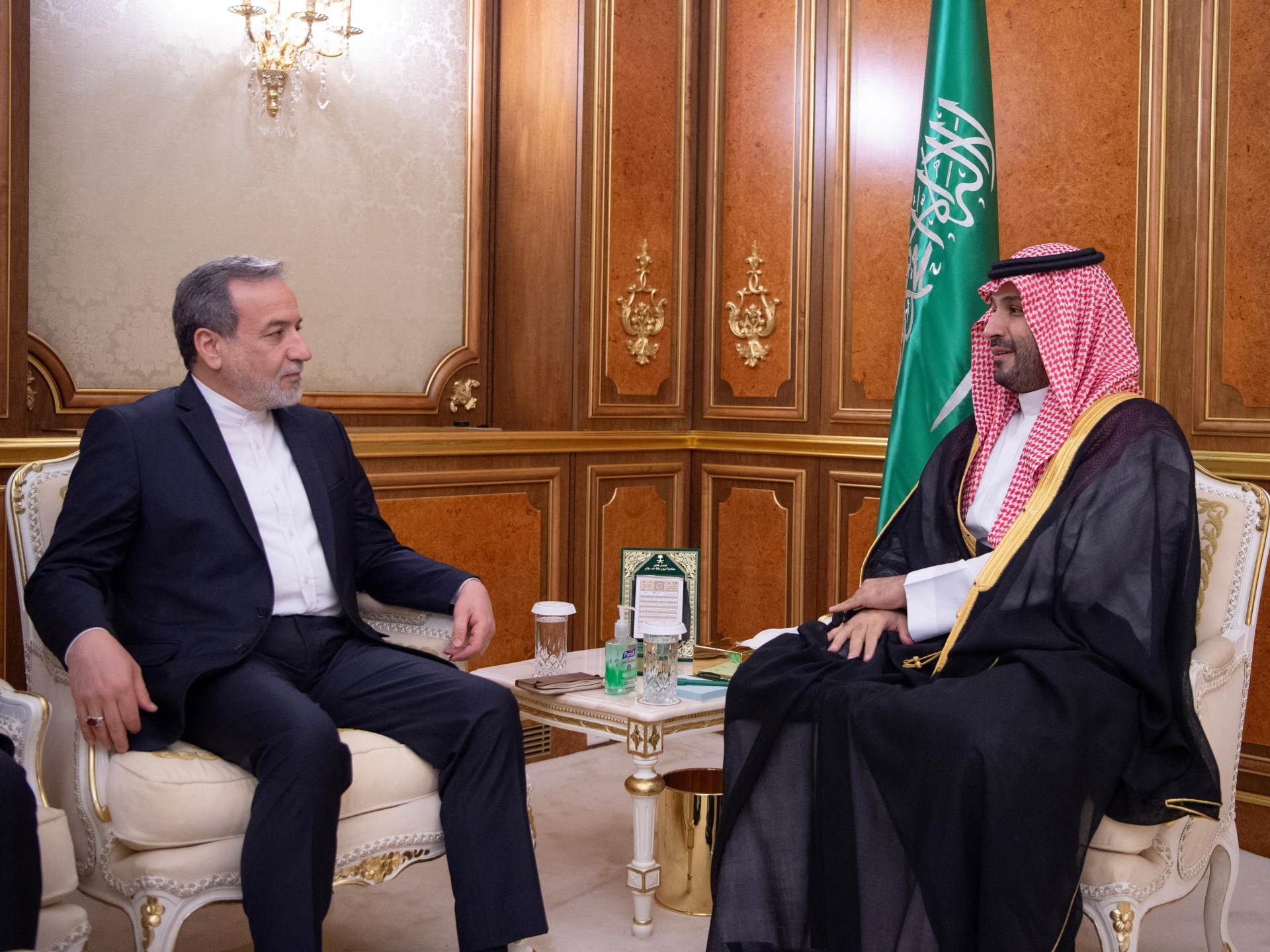Washington, DC – The White House says Donald Trump’s “utmost priority” in the Middle East is to end the war in Gaza.
But as the United States president hosts Israeli Prime Minister Benjamin Netanyahu this week, the two leaders have heaped praise on each other. Meanwhile, Israel continues its assault on the Palestinian territory, where more than 57,575 people have been killed.
Analysts say that, if Trump is truly seeking a lasting ceasefire in Gaza, he must leverage his country’s military aid to Israel to pressure Netanyahu to agree to a deal.
Brian Finucane, a senior adviser with the International Crisis Group nonprofit, drew a parallel between Trump’s mixed messaging and that of his predecessor Joe Biden. Both men, he said, called for a ceasefire but showed unwillingness to press Israel to end the fighting.
“It’s like deja vu with the Biden administration, where you would hear similar pronouncements from the White House,” said Finucane.
“If a ceasefire is indeed the ‘utmost priority’ of the White House, it has the leverage to bring it about.”
The US provides Israel with billions of dollars in military assistance each year, on top of offering it diplomatic backing at international forums like the United Nations.
While US officials expressed optimism about reaching a 60-day truce this week that could lead to a permanent ceasefire, Netanyahu told reporters in Washington, DC, that Israel still has to “still to finish the job in Gaza” and eliminate the armed group Hamas.
Finucane, a former State Department lawyer, described Netanyahu’s comments as “maximalist rhetoric” and “bluster”, stressing that Trump can push Israel to stop the war.
He said Trump can use the “threat of suspension of military support” to achieve the ceasefire, “which very much would be in the interest of the United States and the interest of the president himself in terms of scoring a diplomatic win”.
Trump and Netanyahu ‘in lockstep’
Netanyahu arrived in Washington, DC, on Monday and took a victory lap with Trump to celebrate their joint attack on Iran’s nuclear facilities during a 12-day war last month.
From the start, the Israeli prime minister appeared to play to Trump’s ego. As he sat down to a White House dinner on Monday night, Netanyahu announced he had nominated the US president for a Nobel Peace Prize.
The two leaders met again on Tuesday, with Trump saying that their talks would be all about Gaza and the truce proposal.
A day later, Netanyahu said he and Trump are “in lockstep” over Gaza.
“President Trump wants a deal, but not at any price,” the Israeli prime minister said. “I want a deal, but not at any price. Israel has security requirements and other requirements, and we’re working together to try to achieve it.”
But Annelle Sheline, a research fellow at the Quincy Institute for Responsible Statecraft, said that Israel is the party standing in the way of a ceasefire. She noted that Hamas has already demanded a lasting end to the war, which is what the Trump administration says it is seeking.
“While we know Trump has said he wants a ceasefire, thus far we’ve not seen Trump being willing to use America’s extensive leverage to actually get there,” Sheline told Al Jazeera.
Far from stopping the flow of arms to Israel, the Trump administration has taken pride in resuming the transfer of heavy bombs — the only weapons that Biden temporarily withheld during the war on Gaza.
Dire situation in Gaza
While truce talks are ongoing, the horrors of Israel’s war on Gaza — which UN experts and rights groups have described as a genocide — are intensifying.
Hospitals are running out of fuel. Cases of preventable diseases are on the rise. Hunger is rampant. And hundreds of people have been killed by Israeli fire over the past weeks while trying to receive food at US-backed, privately run aid distribution sites.
Nancy Okail, the president of the Center for International Policy, said Trump appears to be interested in a Gaza ceasefire in part to boost his own image as a peacemaker and to win a Nobel Peace Prize.
During the presidential campaign, Trump promised to bring peace to the world, seizing on Americans’ weariness of war after the conflicts in Iraq and Afghanistan.
But so far, he has failed to end the wars in Ukraine and Gaza. And he oversaw the outbreak of war between Israel and Iran, even ordering the US’s participation in it.
The US president took credit for a Gaza truce that came into effect in January, only to let it unravel as he supported Israel’s decision to resume the war in March.
Okail said the atrocities in Gaza cannot be stopped with just verbal calls for a ceasefire.
“If it is not accompanied by action — as in the suspension of aid or suspension of arms to Israel — Netanyahu doesn’t have any reason to actually go forward seriously with the peace negotiations,” she told Al Jazeera.
Netanyahu pushes displacement
Even if a 60-day truce is reached, rights advocates are concerned that Israel not only may return to war afterwards, but it might also use the time to drive Palestinians out of Gaza and further entrench its occupation.
Hamas said on Wednesday that it agreed to release 10 Israeli captives as part of the proposed deal, but the remaining sticking points are about the Israeli withdrawal from Gaza and guarantees for a permanent ceasefire.
Before Netanyahu arrived in Washington, DC, Israeli Defence Minister Israel Katz revealed a plan to create a concentration camp for Palestinians in southern Gaza, according to the newspaper Haaretz.
The publication quoted Katz as saying that Israel would implement an “emigration plan” to remove Palestinians from Gaza, which rights groups say would amount to ethnic cleansing, a crime against humanity.
The idea of depopulating Gaza is not new. Far-right Israeli ministers have been publicly championing it since the start of the war.
But the international community started taking the idea seriously when Trump floated it in February, as part of his desire to turn Gaza into the “Riviera of the Middle East”.
Netanyahu brought it up again during his visit, saying that Palestinians in Gaza should be free to leave the territory if they choose.
‘Involuntary transfer’
While the Trump administration has not re-endorsed the ethnic cleansing scheme in Gaza this week, the White House still suggested that Palestinians cannot remain in Gaza.
“This has become an uninhabitable place for human beings, and the president has a big heart,” Trump’s spokesperson Karoline Leavitt told reporters.
“He wants this to be a prosperous, safe part of the region where people and families can thrive.”
Rights advocates have stressed that people under bombardment and with no access to basic necessities cannot have a “free” choice to stay or leave a place.
Sheline said the international fears that Trump and Netanyahu are working to ethnically cleanse Gaza and displace its Palestinian residents elsewhere are warranted.
“There was a lot of discussion of the idea that, maybe because the US helped Israel with its war on Iran, that would be the leverage used for a ceasefire in Gaza,” she said.
“But instead, it sort of seems to be something like: If Netanyahu agrees to a ceasefire, then the US will facilitate this involuntary transfer of Palestinians out of Gaza.”
For her part, Okail likened pushing people to leave Gaza under the threat of bombardment and starvation to shoving Palestinians out of the enclave at gunpoint.
“If expanding the occupation and ethnic cleansing is their approach to ceasefire, it means they want to kill any ceasefire attempt, not negotiate one,” she told Al Jazeera.
